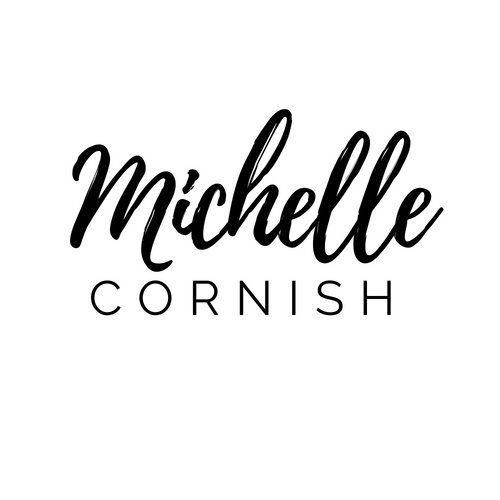Read More to Write Better: 3 Types of Books Every Thriller Author Should Read
/Did you know April is Drop Everything and Read (D.E.A.R.) month? Me neither! I’ve recently started reading every morning before I do anything else. I was tired of getting smacked in the face by my book as I fell asleep reading before going to be at night. Please tell me I’m not alone on this!
It turns out that reading every morning for about an hour is one of the best decisions I’ve ever made. I’m amazed at how much I’ve read and learned. I’ve heard many successful authors say that if you want to be a good writer, you need to be a good reader, and I feel like all the extra reading I’ve been doing has really helped me be more critical of my own writing. Well, I’m always critical of myself, but this is a much healthier version.
I’m currently working on my second thriller, and as a thriller author, I started thinking about what types of books have helped me improve from my first thriller. I came up with three main categories: thrillers, non-fiction, and craft.
1. Thrillers
Read as many thrillers as you can!
This is pretty much a given. If you’re an aspiring author, you’ve likely heard the advice to read lots of books in your genre. I’m naturally drawn to thrillers, so I tend to read a lot of them anyway, but I decided to stretch myself and read authors I might not normally choose.
The thing about stretching yourself as a reader is that even if you don’t like the book, you can learn something from it that you can apply to your writing. What makes the book different from the books you enjoy? Why doesn’t it work for you?
Before I started writing seriously, I would stop reading a book I didn’t like and not give it much more thought, but now that I’m analyzing books to see why I don’t enjoy them, I find myself noting when I lose interest then quickly speed reading through the pages to see if my interest comes back later.
2. Non-Fiction
Grab those creepy real-life stories!
I’ve always been drawn to non-fiction, mostly financial or psychological self-help, but I had a revelation about a non-fiction book I keep putting down to read fiction instead. The book is called The Gift of Fear and Other Survival Signals that Protect Us from Violence by Gavin De Becker.
The Gift of Fear is about learning to trust and act on our gut instincts and how to tell when fear is real versus something we’ve made up. There are tons of real life examples about things like threats, stalkers, violence, and dealing with people who refuse to let go. Excellent material for thrillers!
Another book I’ll be referring to as I write my thrillers is Without Conscience: The Disturbing World of the Psychopaths Among Us. I started reading this when I was going through a phase in university where I wanted to be a criminal psychologist (ha, can you imagine?!) The book was a little too disturbing for me back then, but I’m definitely going to be checking my boxes of books to see if I kept it. Talk about great material for a villain!
3. Craft
Learn how the pros do it!
Books about writing craft are another essential for any writer’s arsenal. I love reading craft books written by successful authors to see what they’ve done, but I also love that there are craft books about every aspect of writing craft. You can find books to help you write better characters, create more compelling dialogue, and engineer a sizzling plot.
Whatever you feel your weak spot is when it comes to writing, I guarantee you are not alone, and someone has probably written a book about it. Head on over to Google and see what you find. I really enjoyed Stephen King’s On Writing, as well as Anne Lamott's Bird by Bird. Two very different books that helped me improve different areas of my writing. Show Don’t Tell by Sandra Gerth was also super helpful, and of course, there’s the old standard Strunk and White’s The Elements of Style.
Whether you write thrillers or some other genre, you will notice a change in your writing when you take the time to read lots of books in your genre as well as books on writing craft and even some non-fiction.
So, now that you know it’s D.E.A.R. month, what are you going to read?




